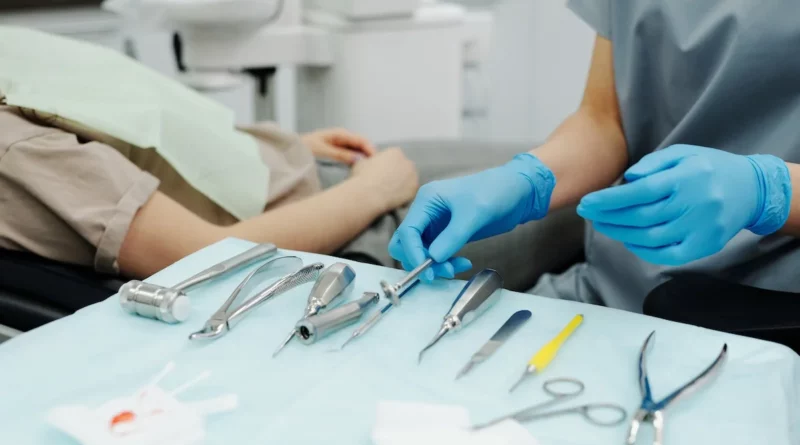How to Control Your Anxiety and Pain at the Dentist
Going to the dentist can be a dreadful experience for many people. From the sound of the dental equipment to the fear of pain, the thought of visiting a dentist can induce anxiety in many. However, dental care is a critical component of maintaining good oral health, and regular visits to the dentist are necessary. If you are one of those people who struggle with dental anxiety, fear not! Here are some tips to help you control your anxiety and pain at the dentist.
Look for a dentist that caters to dental anxieties
Finding the right dentist is crucial when it comes to managing dental anxiety. It would help if you looked for a dental practice that caters to dental phobics. Such practices usually have staff trained to handle anxious patients and can provide a relaxed and comfortable environment. Look for a procedure known for its friendly and welcoming staff and comfortable waiting area.
Technology for the Win
Advancements in technology have made dental procedures more comfortable and less painful than before. Dentists use various technologies to make the experience less stressful for anxious patients. Digital X-rays reduce radiation exposure. Ask your dentist about their technology, how it can benefit you, or if they know a pain clinic in Kitchener to help you.
Don’t go on your first visit alone
To help ease your nerves, having someone you trust by your side during your first visit is a good idea. Bring a friend or family member that can provide emotional support and help you feel less alone during the appointment.
Your companion can also help you communicate with your dentist if you feel too anxious or overwhelmed. They can ask questions on your behalf and provide reassurance when needed. Additionally, having someone to talk to before and after the appointment can help distract you from your anxiety and provide comfort.
Ask your dentist for appropriate sedation options
Dental sedation can help relieve anxiety and distress during dental operations. Different types of sedation are available, such as nitrous oxide, oral sedatives, and intravenous sedation. Talk to your dentist about the sedation options available and which one is best suited for your needs. Your dentist will assess your medical history and recommend an appropriate sedation option to help you relax during your dental procedure.
Ask Questions
Asking questions about the procedure can help ease your anxiety. Before the procedure, ask your dentist to explain what they will be doing and how long it will take. Knowing what to expect can help you mentally prepare for the procedure and reduce any fear of the unknown. Feel free to ask questions if you need more information or clarification.
Take Breaks
If you feel anxious or uncomfortable during the procedure, take a break. Ask your dentist to pause the procedure and take a moment to breathe deeply, stretch, or visit a CBT therapy in Toronto. Taking breaks can help you relax and feel more comfortable during the procedure
Make your next appointment after you finish
Making your next appointment before you leave the office can help you feel more in control of the situation. Knowing when your next appointment is scheduled can help you mentally prepare for the next visit and reduce your anxiety about it.
Seeing the dentist doesn’t have to be a worrisome experience. Remember, good oral health is essential for overall well-being, and regular Etobicoke family dentist visits can help prevent dental problems from becoming more severe. So, take the first step and book an appointment with a dentist who understands your needs and concerns.

